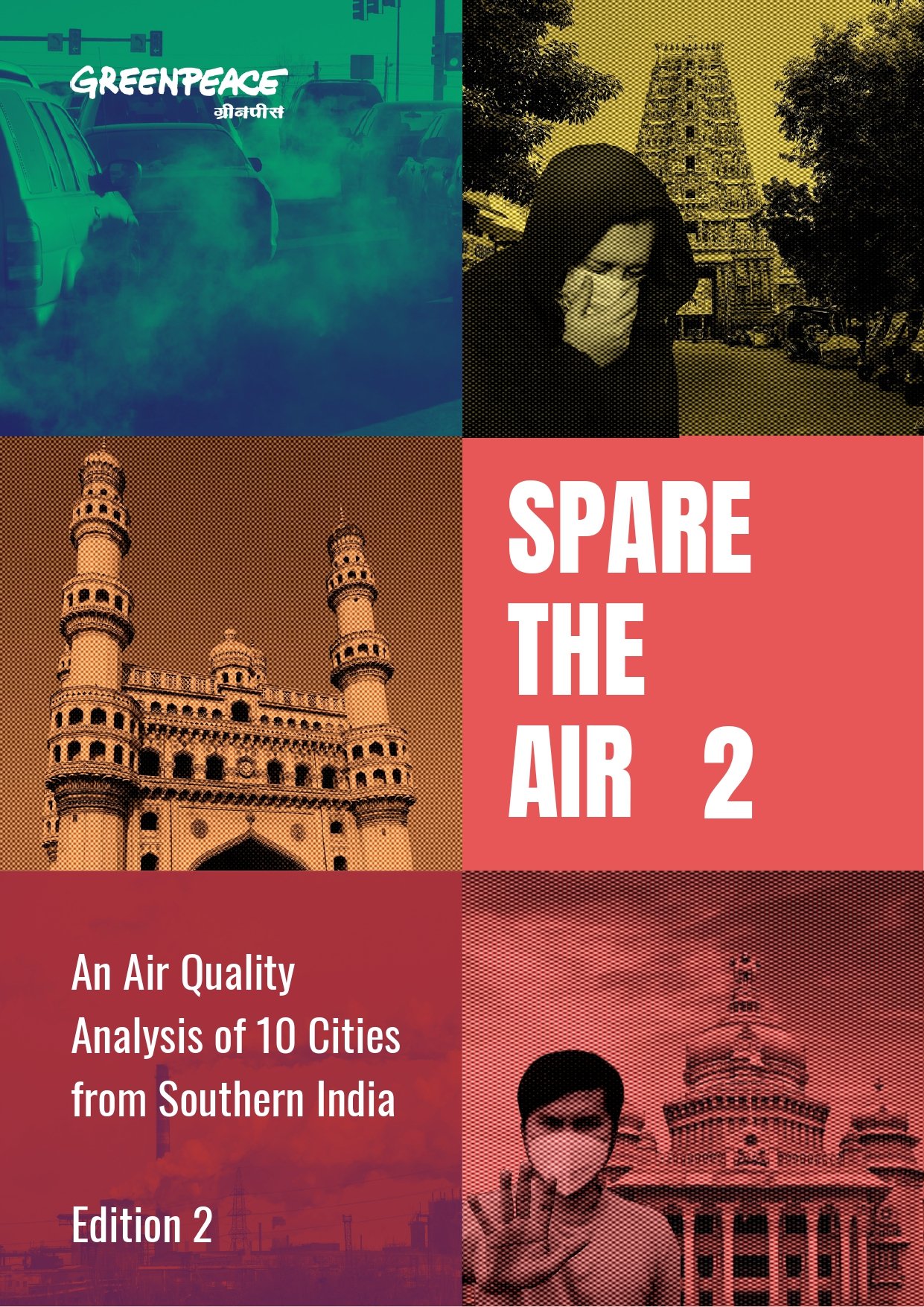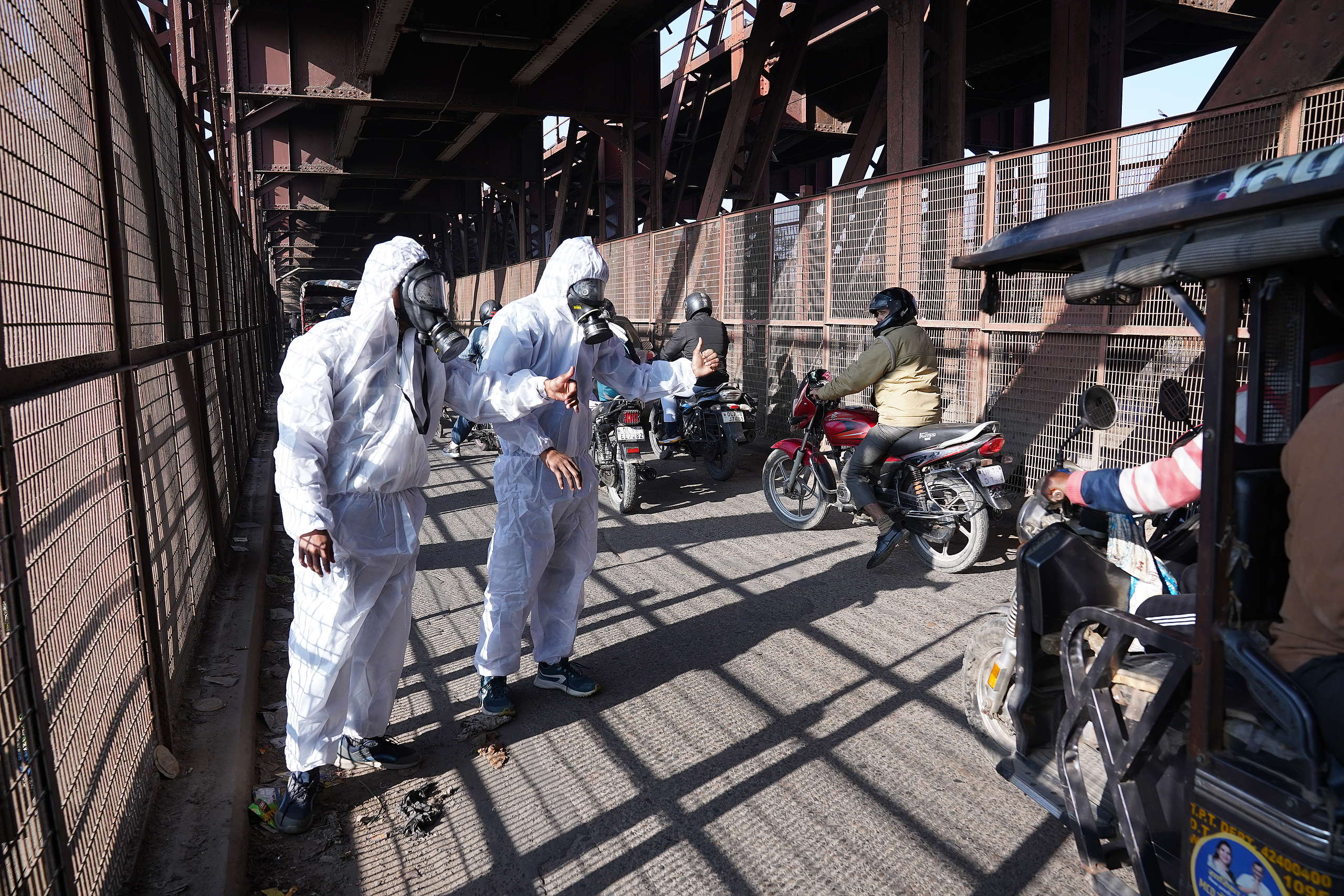The 5th Annual World Air Quality Report released by IQAir reveals the abysmal state of India’s air quality. India has been ranked 8th in the list of countries with the worst air quality index, and 12 of the 15 most polluted cities in Central and South Asia are in India.
Roughly 60 percent of cities in India included in the report recorded annual PM2.5 levels at least seven times higher than the WHO guidelines. The average PM2.5 level in 2022 was 53.3 pg/m3, only slightly lower than 58.1 pg/m3 in 2021. Bhiwadi in Rajasthan was found to be the most polluted city in India with alarming PM levels of 92.7, and Delhi emerged the most polluted in the world Metropolitan city with PM levels of 92.6.
Exposure to air pollution causes and exacerbates several health conditions including asthma, cancer, lung disease, heart disease, and premature mortality. Air pollution has the greatest impact on already vulnerable populations like outdoor labourers, women, children, aged and other marginalised communities. More than 89% of pollution-related Premature deaths occur in low and middle income countries.
Kusum Lata, a Power The Pedal cyclist from Delhi says, “There is smoke all around and we have forgotten the feeling of being in an open, fresh environment, inhaling fresh air. We have been experiencing breathlessness. The moment we step out in the open we start feeling breathless. My children are also facing problems due to the quality of air. They fall sick very quickly and frequently.”
The report cites poor air quality as the reason for 93 billion sick days and over six million deaths worldwide each year. The World Health Organization estimates that air pollution in India is responsible for over 1.2 million deaths each year. The numbers are further staggering when monetised , according to the report the yearly economic loss to India stands at 150 Million Dollars. This is especially concerning when considering keeping the vast vulnerable population of India.
Avinash Chanchal, campaign manager at Greenpeace India said “ It is clear that the air quality in India is in a dire state, and the government needs to take urgent action to reduce air pollution. Stricter regulations on industries and vehicles to reduce air pollution is the need of the hour . Additionally, investment in renewable energy in a decentralised manner should be a priority.
Furthermore, the government should also invest in ‘real’ public transportation systems such as buses and suburban rail to reduce the number of vehicles on the roads.”
In 2022 India committed to reset its National Clean Air Program targets with the aim of reducing particulate matter concentrations by 40 percent by 2026. The report cites multiple counterintuitive policy decisions made in the same year, including the relaxation of environmental regulations for coal mines, allowing for increased production and more.
For more information, contact:
Rutwik Khasnis
[email protected]
+91 6364115455
Avinash Chanchal
[email protected]
+91 8882153664


